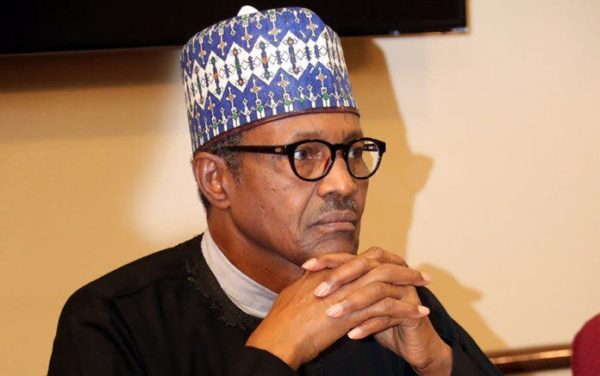Generational economics and structural transformation in the age of Covid-19 in West Africa was on the menu at the first meeting of African think tanks and experts. The United Nations Economic Commission for Africa (ECA / West Africa sub-regional office) organized this virtual meeting to analyze the economic prospects of the 15 ECOWAS countries from the perspective of the Post-Covid 19. The Government of the Federal Republic of Nigeria (through the Ministry of Budget and Finance) strongly participated in the success of this event, which also made it possible to seriously reflect on the methods of capturing the demographic dividend.
Under the aegis of the ECA, the experts announced the urgency of a regional response and response plan to Covid-19 to mitigate the sharp drop in growth points expected this year in all West African countries. For the moment, we cannot speak of a recession as in several Western countries, but the downward trend in growth has been noted by analysts. The sectors of activity most affected are in particular transport, trade, services such as tourism and air transport, etc. To remedy this situation, it was recommended that measures relating to internal taxation be strengthened as well as the promotion of value chains in all productive sectors. Strong recommendations were also formulated to boost the contribution of ICT in African economies and the strengthening of social safety nets to further support the most vulnerable social layers, according to Perfect Eloundou Enyegue, associate director at the Cornell University center. in the USA.
The pandemic has unbalanced budget forecasts to lead to an increase in the debt of West African countries according to Dr Siméon Koffi, head of the Research and Development Division of ECOWAS. It is with this in mind that the 15 countries of the zone are invited to seriously monitor their debt levels so that it does not impact their GDP.
The specific case of Nigeria, the continent’s leading economic power, was reviewed by Olanrewaju Olaniyan of the University of Ibadan. With more than 200 million inhabitants, the country is currently experiencing serious economic repercussions from the pandemic. In this country specifies the study by the University of Ibadan, more than 44% of the working population could not work at the height of the Covid crisis against the backdrop of a drastic drop in remittances and a increase in the number of unemployed or simply precarious jobs. Today the statistics are shivering as 40 million Nigerians of working age find no paid employment. Likewise, 50% of households experienced sharp losses of income. The federal government, civil society and the private sector have tried to mitigate the effects of the crisis by providing cash transfers and food aid as part of building solidarity for greater resilience. The negative impact of Covid-19 on African economies is therefore undoubtedly even if the experts from the ECA, Fnuap, Pam, ECOWAS and Cilss are unanimous in recognizing the urgency of promoting demographic policies. effective in achieving the noble goals of social transformation.
Eminent researchers participated in this virtual meeting intended to revive the West African economy. These include Yves Charbit (CEPED), Chris Nikoi and Ollo Sib (Pam), Keffing Dabo (Cilss) and Bacary Dosso, section chief at the BSR / AO of the Economic Commission for Africa.



